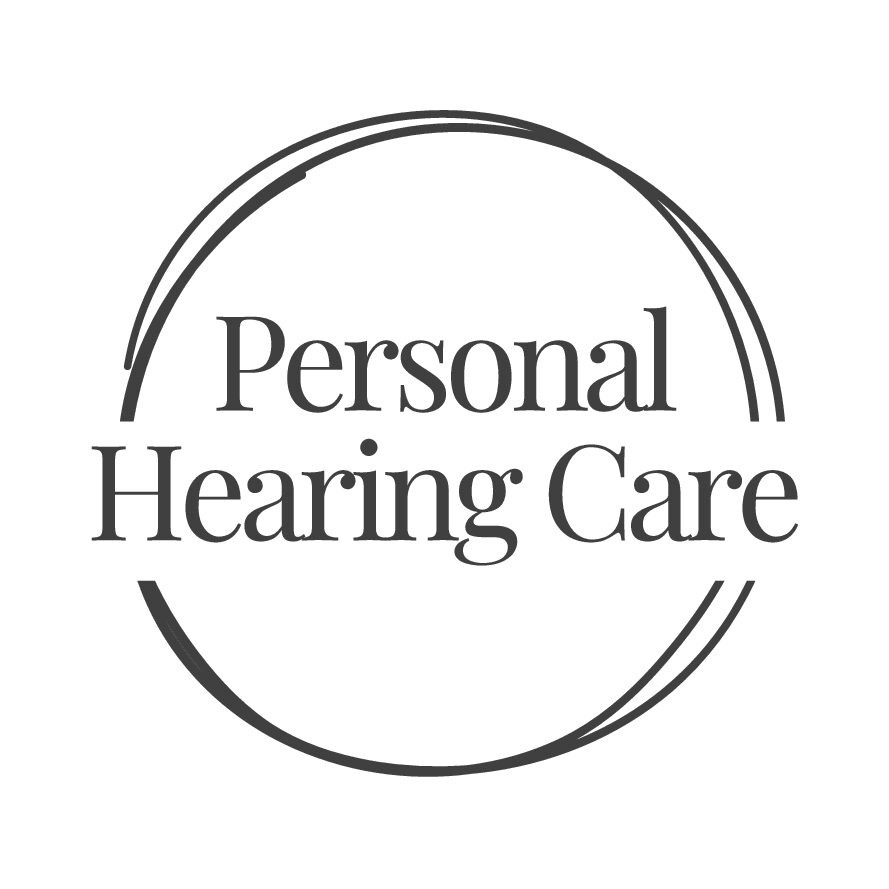Communication is the key to building strong relationships, but when a loved one has hearing loss, it can feel challenging. Misunderstandings or frustration can easily arise, especially if you’re unsure how to adjust your communication style. Fortunately, with a few simple changes, you can make conversations more comfortable and enjoyable for both you and your loved one. Here are some practical communication strategies to help you communicate effectively with someone experiencing hearing loss.
Get Their Attention First
One of the most important steps in communicating with someone who has hearing loss is making sure you have their full attention. Calling their name before starting to speak can help, especially in busy or noisy environments.
If you’re in the same room, you can gently tap their arm or wave to signal that you’re about to talk. This way, they know to focus on you and won’t miss out on what you’re saying. Make sure that they’re ready to listen to prevent repeating yourself and keep the conversation flowing smoothly.
Speak Clearly, Not Loudly
It’s a common misconception that speaking louder helps someone with hearing loss understand better. However, in reality, shouting can distort your words and make it harder to understand. Instead of shouting, focus on speaking clearly and at a normal pace.
Make sure to articulate each word without exaggerating your speech. If you feel the need to slow down a bit, that’s okay, but try to maintain a natural tone. Also, avoid covering your mouth, as seeing your lips move can be very helpful for someone who relies on lip-reading.
Rephrase Instead of Repeating
When your loved one asks you to repeat yourself, it’s tempting to say the same thing over and over again. Rephrasing the sentence might be more effective. Sometimes, certain words are harder to catch, and changing the wording could make it easier for them to understand.
If they’re still having trouble, try simplifying your sentence or using shorter phrases. These adjustments will help ensure that your message gets across more clearly without causing frustration for either of you.
Be Mindful of Your Surroundings
It is important to note that background noise can be a major barrier for someone with hearing loss. Whether it’s the hum of a television, traffic noise, or a group of people chatting, it can make hearing even more difficult. To improve communication, try to reduce background noise as much as possible.
Turn off the TV, close the windows, or move to a quieter space. If you’re out in public, try to position yourself in a quieter area, such as a corner of the room. These small changes can have a big impact on how well your loved one can hear and participate in the conversation.
Use Visual Cues and Gestures
Simple hand movements or pointing can clarify what you’re talking about, especially if there’s a word or concept that’s hard to hear. Facial expressions also play a big role in communication, as they give additional context to your words. A warm smile, a nod, or a raised eyebrow can help convey emotion and meaning, making the conversation more engaging and less stressful for someone with hearing loss.
Encourage Regular Hearing Tests
If your loved one hasn’t had a hearing test recently, it might be a good idea to encourage them to schedule one. Regular hearing tests can help identify changes in their hearing and provide solutions that can improve their quality of life. Often, people adapt to their hearing loss over time and may not realize how much they’re missing out on. A hearing test can enlighten them about their hearing health and open up options for treatment, such as hearing aids or assistive devices, that can make communication easier for both of you.

